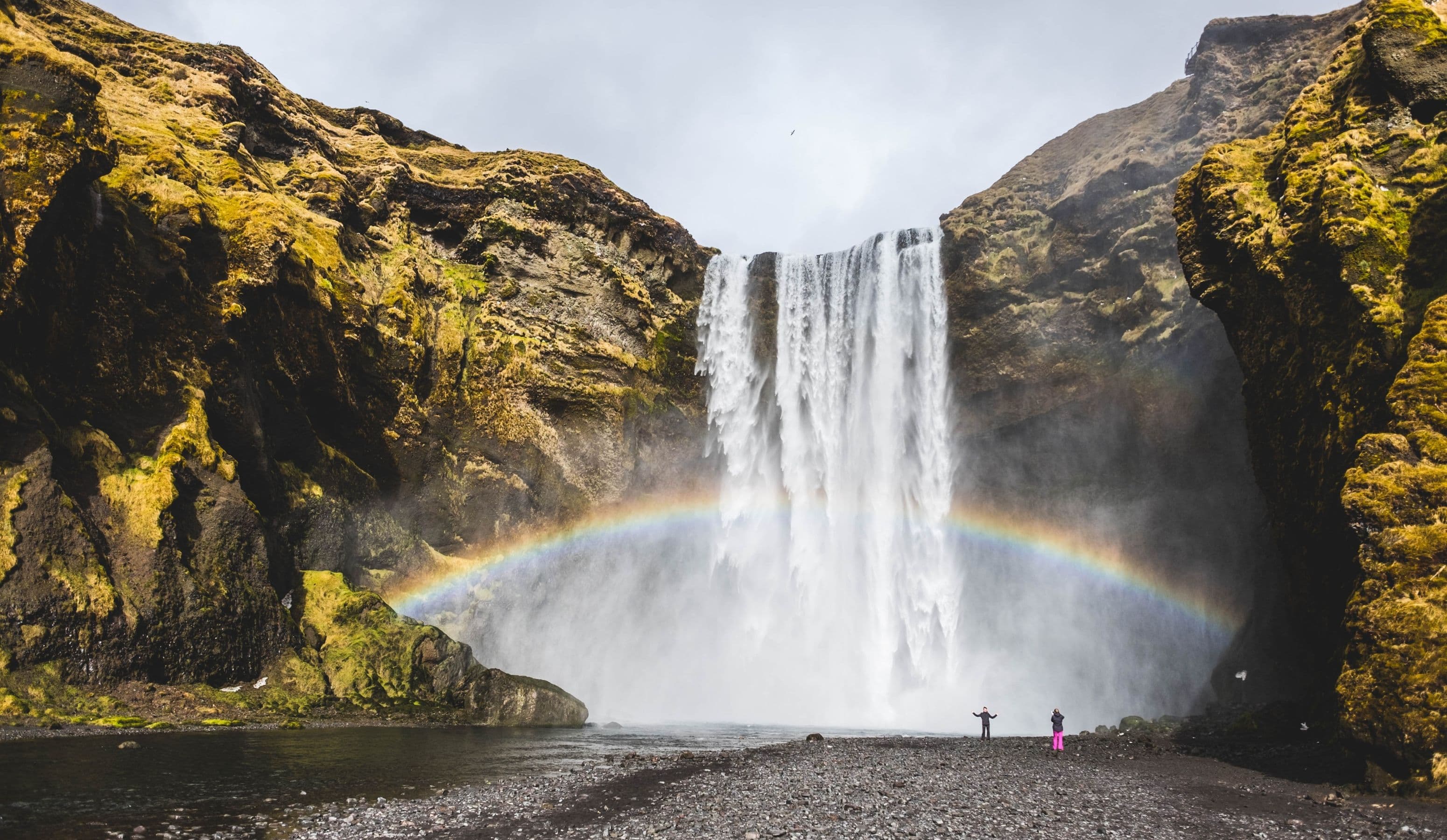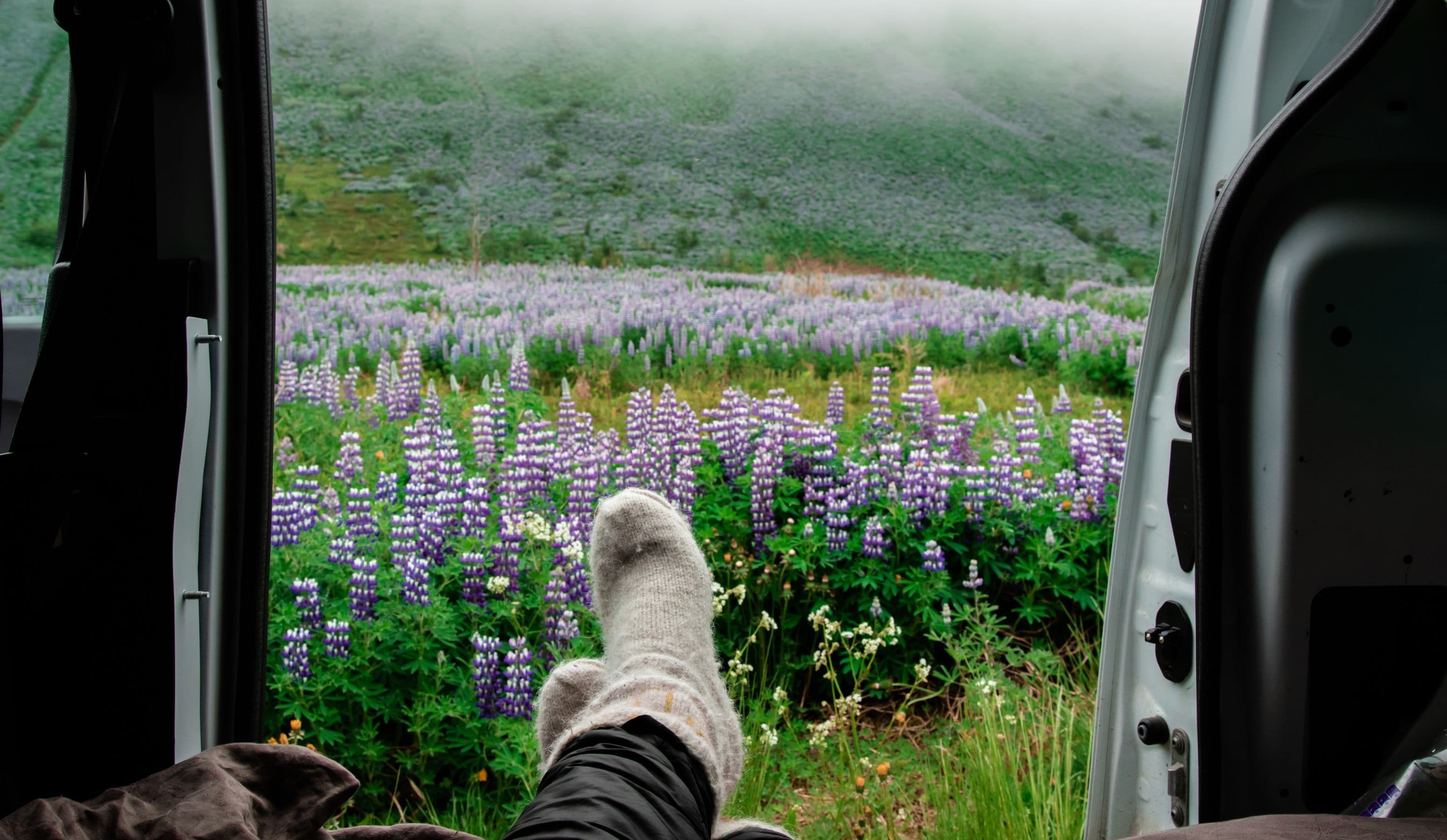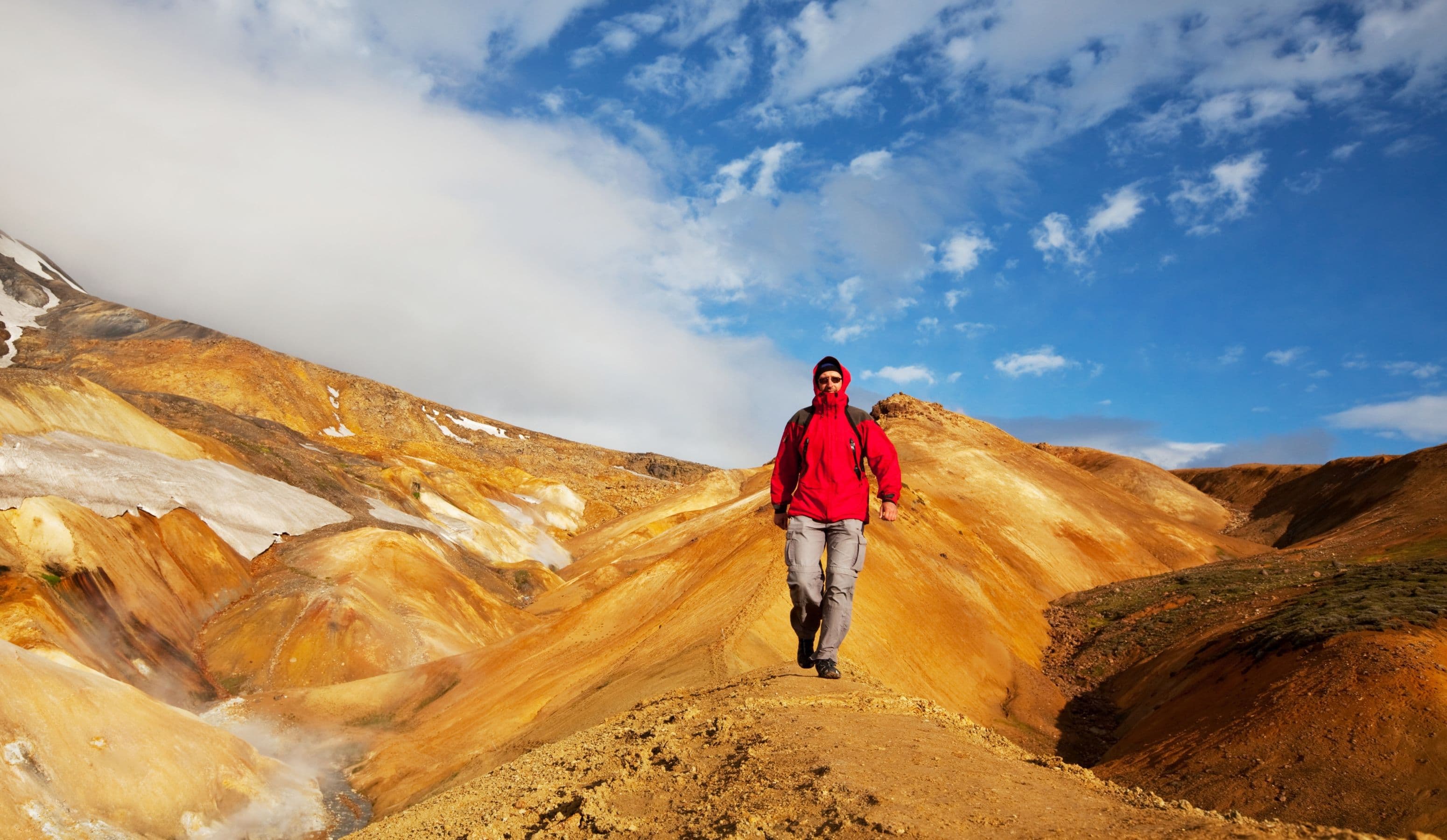
Guides
Exploring Iceland in July: A Comprehensive Travel Guide
Visiting Iceland in July offers a unique blend of experiences, with the country's midsummer season in full swing. This guide will cover everything you need to know for a memorable trip to Iceland in July, from weather conditions and packing tips to road conditions, top activities, and events.
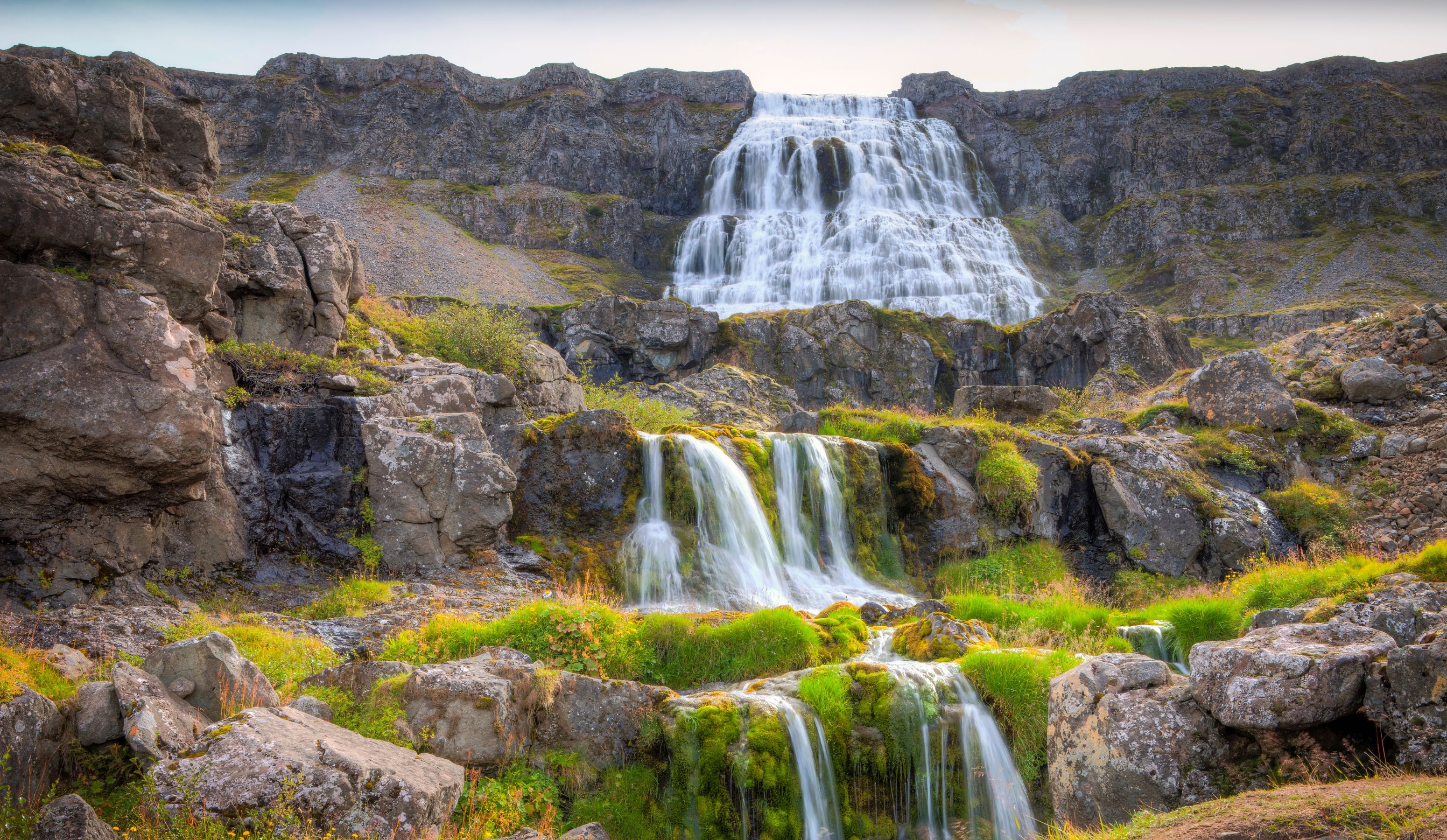
Weather Conditions in July
July is one of the warmest months in Iceland, providing an ideal time for exploring the island's diverse landscapes. Average temperatures in July range from 10°C to 15°C (50°F to 59°F), with coastal areas often experiencing slightly warmer temperatures than the interior. On warmer days, temperatures can occasionally reach up to 20°C (68°F).
Despite being summer, Iceland's weather is notoriously unpredictable. It’s not uncommon to experience rain, sunshine, and wind all in one day. July generally sees moderate rainfall, so visitors should be prepared for occasional showers.
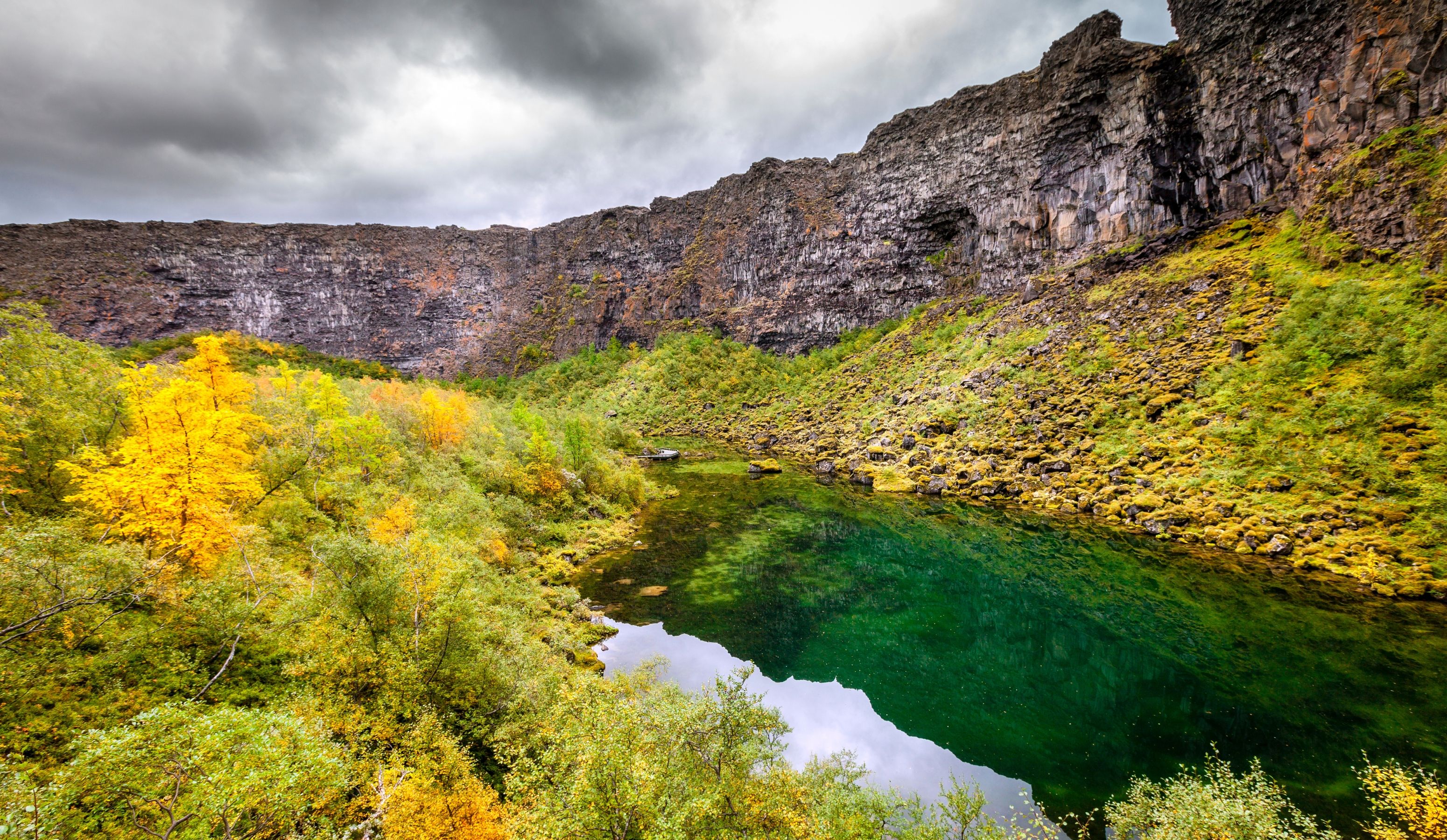
Daylight Hours
One of the most enchanting aspects of visiting Iceland in July is the near-continuous daylight. Iceland experiences the phenomenon of the Midnight Sun during this month, with the sun setting just before midnight and rising again around 3 AM. This extended daylight provides ample opportunities for sightseeing and outdoor activities, allowing visitors to make the most of their time in Iceland.

How to Pack for Summer in Iceland
Packing for Iceland in July requires a thoughtful approach due to the variable weather conditions. Here’s a suggested packing list to ensure you’re well-prepared:
- Layers: Pack clothing that can be layered to accommodate changes in temperature. Lightweight base layers, insulating mid-layers, and a waterproof and windproof outer layer are essential.
- Waterproof Jacket and Pants: Even in summer, rain is a possibility, so having waterproof gear is crucial.
- Sturdy Footwear: Comfortable, waterproof hiking boots or shoes are recommended for exploring Iceland’s rugged terrain.
- Warm Accessories: Hats, gloves, and scarves can come in handy during cooler evenings or windy days.
- Swimwear: Don’t forget a swimsuit for soaking in hot springs and geothermal pools.
- Sunscreen and Sunglasses: The long daylight hours and reflective surfaces like glaciers can lead to sunburn, so protect your skin and eyes.
- Travel Adapter: Iceland uses the European plug type (C/F) with 230V voltage.

Road Conditions & Driving in Iceland During July
July is an excellent month for driving in Iceland. Most of the country's roads, including the famous Ring Road (Route 1) and many F-roads (mountain roads), are fully accessible. Here’s what you need to know about driving in Iceland during July:
- Road Conditions: The main roads are generally in good condition and well-maintained. However, F-roads, which lead to some of Iceland’s most remote and scenic areas, can be rough and require a 4x4 vehicle.
- Driving Etiquette: Icelanders drive on the right-hand side of the road. Speed limits are typically 90 km/h (56 mph) on paved roads and 80 km/h (50 mph) on gravel roads.
- Safety Tips: Always check weather and road conditions before setting out. The Icelandic Road and Coastal Administration website provides real-time updates.
- Gas Stations: Fuel stations are relatively sparse in remote areas, so fill up whenever you have the opportunity.
- Wildlife: Be mindful of sheep and other wildlife that may wander onto roads, especially in rural areas.
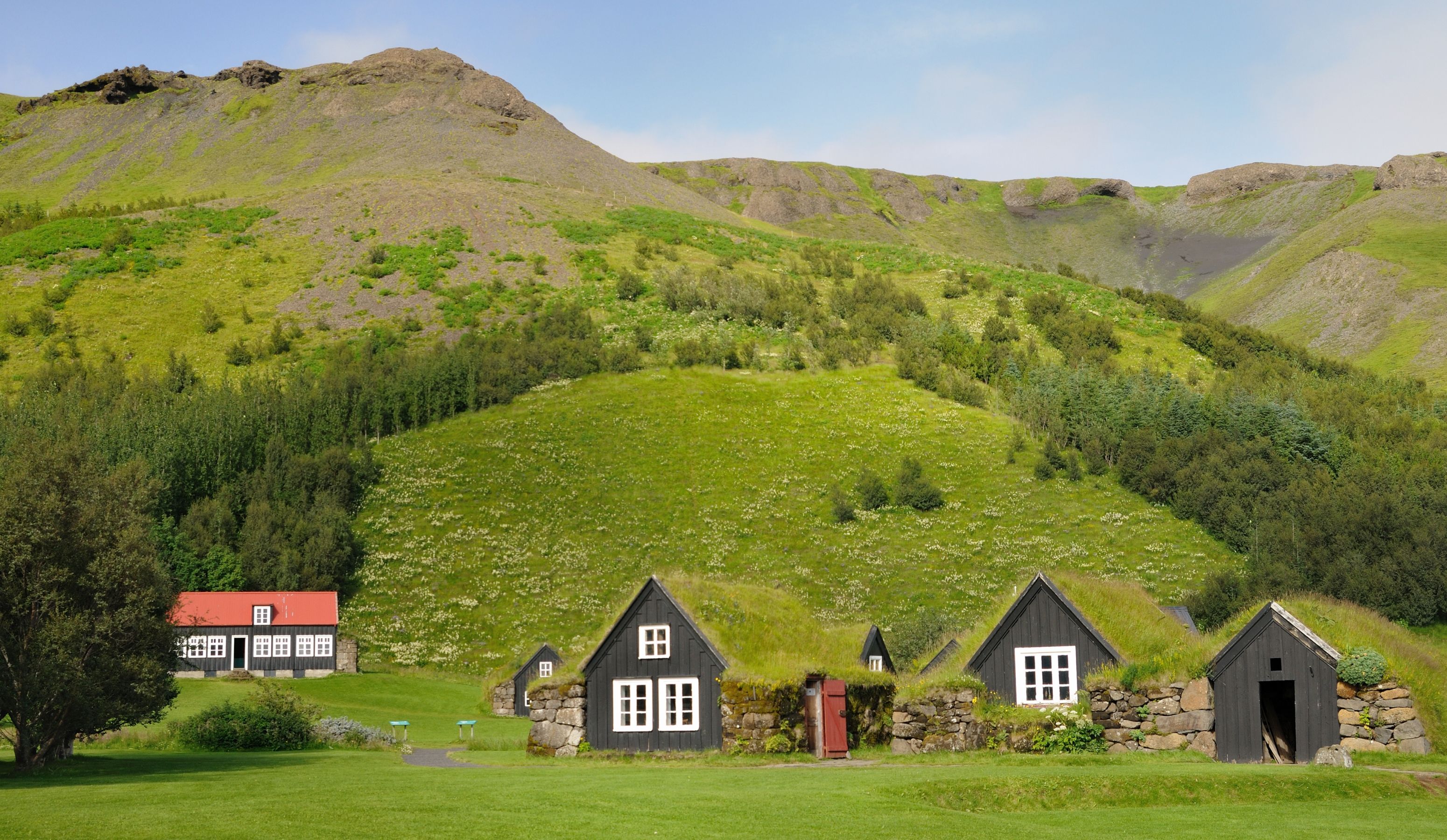
Why Visit Iceland in July
There are countless reasons why visiting Iceland in July is a fantastic choice:
- Midnight Sun: Experience nearly 24 hours of daylight, allowing for extended exploration and outdoor activities.
- Mild Weather: Enjoy the warmest temperatures of the year, making it comfortable to explore Iceland’s natural wonders.
- Accessibility: Roads and hiking trails are generally open and accessible, including highland routes and remote areas.
- Festivals and Events: July is a month filled with cultural events and festivals, providing a glimpse into Icelandic traditions and contemporary culture.
- Wildlife Viewing: July offers excellent opportunities for spotting puffins, whales, and other wildlife.

Top Activities to Do in July
Iceland is a paradise for nature lovers and adventure seekers. Here are some top activities to enjoy in July:
- Whale Watching: July is prime whale-watching season. Húsavík, known as the whale-watching capital, offers daily tours where you can spot humpback whales, minke whales, and even blue whales.
- Hiking: Explore Iceland’s stunning landscapes on foot. Popular hiking areas include the Laugavegur Trail, Þórsmörk, and Landmannalaugar. Trails are well-marked, and the weather is ideal for trekking.
- Exploring Glaciers: Visit glaciers such as Vatnajökull, Europe’s largest ice cap. Guided glacier hikes and ice-climbing tours are available for adventurous visitors.
- Visiting Waterfalls: Iceland’s waterfalls are magnificent in July. Gullfoss, Skógafoss, Seljalandsfoss, and Dettifoss are just a few of the must-see cascades.
- Hot Springs and Geothermal Pools: Relax in the soothing waters of natural hot springs. The Blue Lagoon, Mývatn Nature Baths, and the Secret Lagoon are popular spots.
- Puffin Watching: Puffins return to Iceland to nest in July. Látrabjarg cliffs, Dyrhólaey, and the Westman Islands are excellent places to see these charming birds up close.
- Horseback Riding: Experience Iceland’s unique landscape on an Icelandic horse. Riding tours are available across the country and cater to all skill levels.
- Road Tripping: With favorable road conditions, July is perfect for a road trip around the Ring Road, which encircles the island and takes you through diverse landscapes.
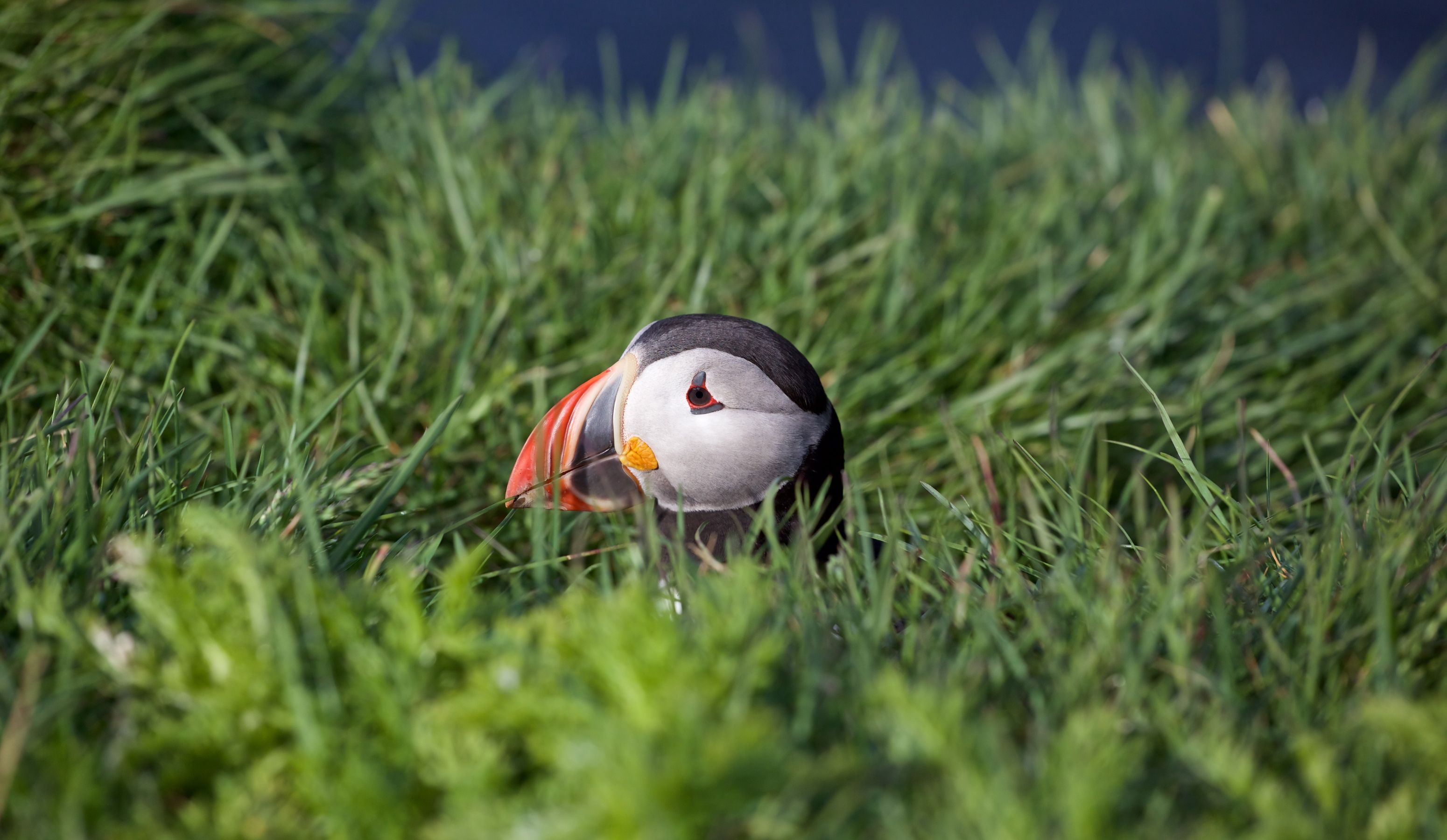
July Events and Holidays in Iceland
Iceland’s cultural calendar is bustling in July, with a variety of festivals and events that celebrate music, art, and local traditions. Here are some highlights:
- Reykholt Music Festival (late July): Held in the historical site of Reykholt, this classical music festival features performances by both Icelandic and international artists.
- LungA Art Festival (July): Located in Seyðisfjörður, LungA is a week-long art festival that includes workshops, exhibitions, and performances, fostering creativity and artistic expression.
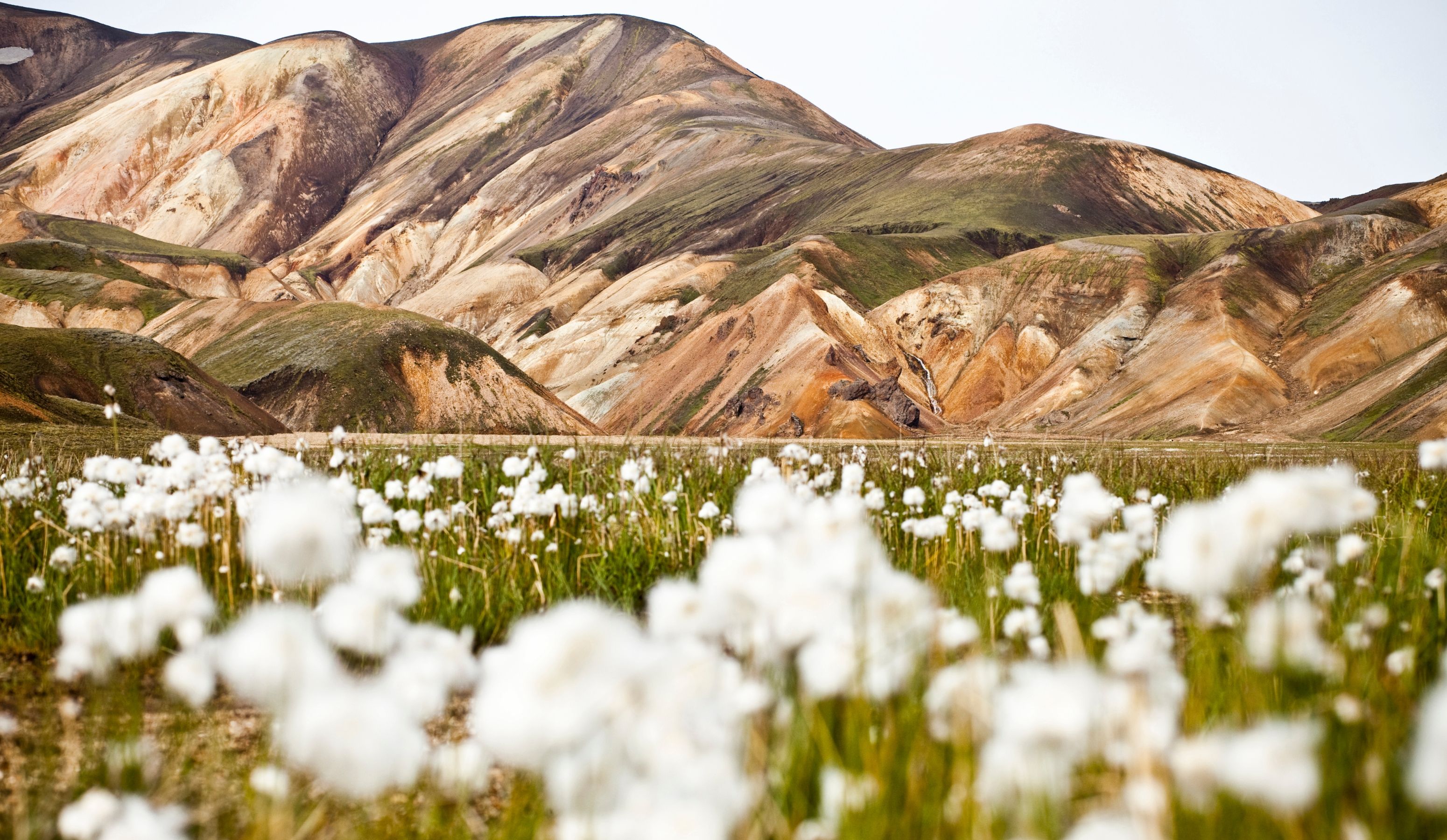
Practical Tips for Visiting Iceland in July
- Accommodation: Book your accommodation well in advance, as July is peak tourist season and popular places can fill up quickly.
- Currency: The currency in Iceland is the Icelandic króna (ISK). Credit and debit cards are widely accepted, but it’s good to have some cash for small purchases in remote areas.
- Language: Icelandic is the official language, but English is widely spoken and understood.
- Safety: Iceland is one of the safest countries in the world, but always follow safety guidelines, especially when exploring nature.
- Respect Nature: Iceland’s environment is fragile. Stay on marked paths, follow Leave No Trace principles, and respect wildlife.
Visiting Iceland in July is a dream come true for travelers seeking natural beauty, adventure, and cultural enrichment. With mild weather, extended daylight, and a plethora of activities and events, July offers an unparalleled opportunity to experience the best of what Iceland has to offer. Whether you're hiking through dramatic landscapes, soaking in geothermal pools, or immersing yourself in local festivals, Iceland in July promises an unforgettable adventure. So pack your bags, prepare for ever-changing weather, and get ready to explore the wonders of this extraordinary island nation.
POPULAR ACTIVITIESPowered by:

We recommend booking tours and activities with our friends at Reykjavík Tourist Info. They offer all the most popular things to do, and their prices are always great. Here are a few of our favorite tours.
On their site you can see everything they have to offer: www.RTI.is
EXPLORE FURTHER
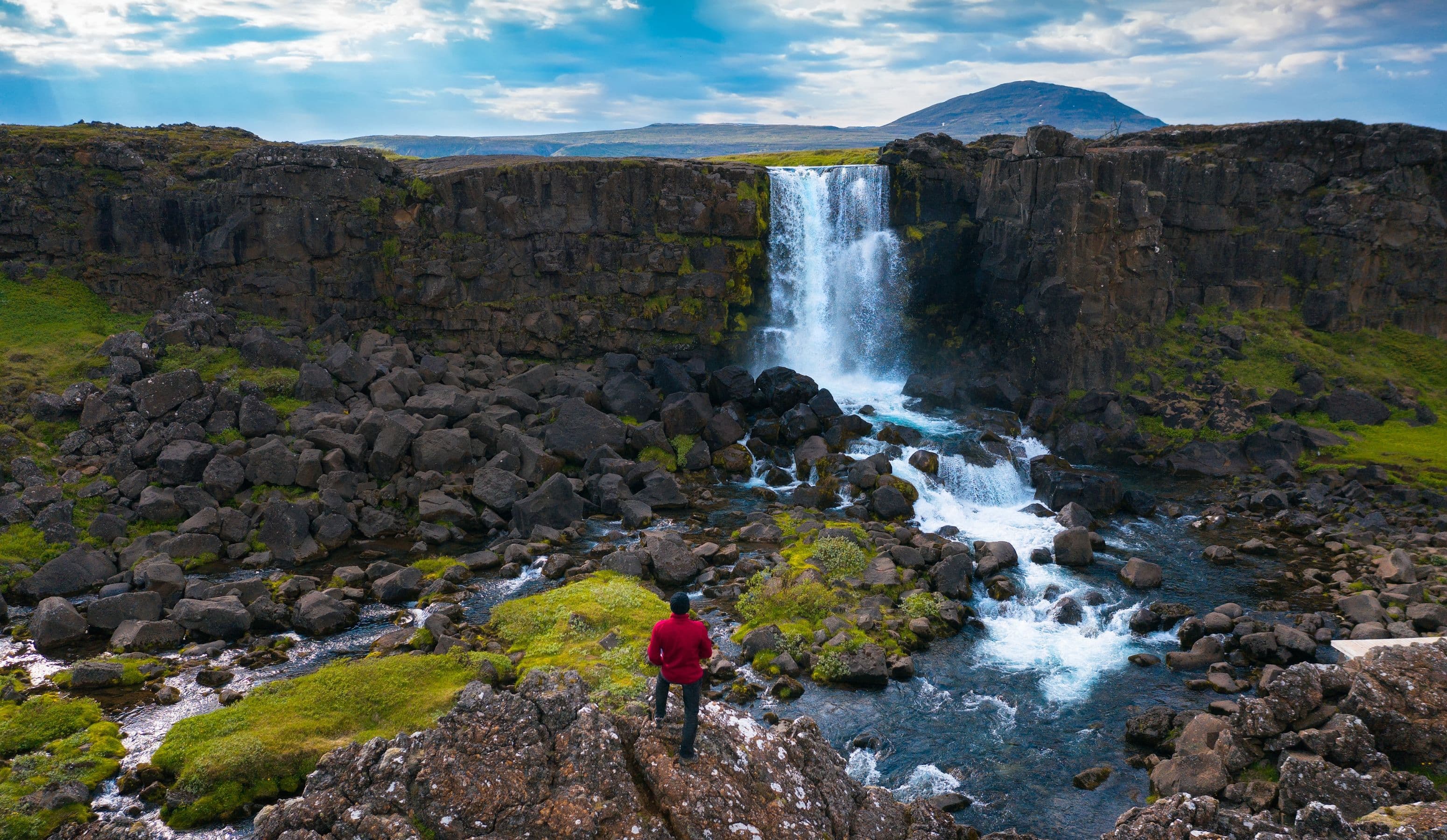
Iceland's Golden Circle: A Perfect Day Trip Itinerary

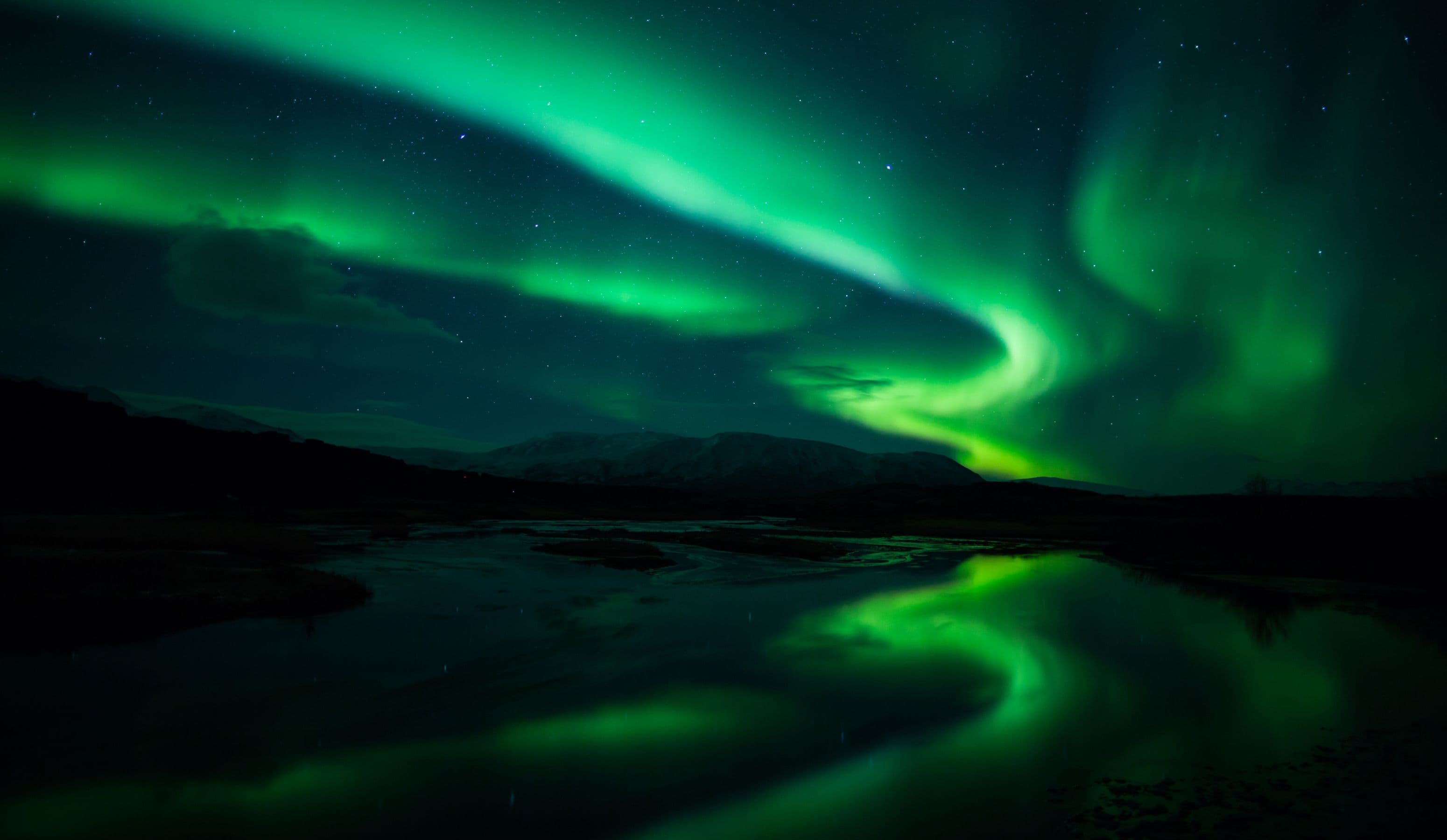
Ultimate Guide to Northern Lights Watching in Iceland: Tips and Photography Tricks
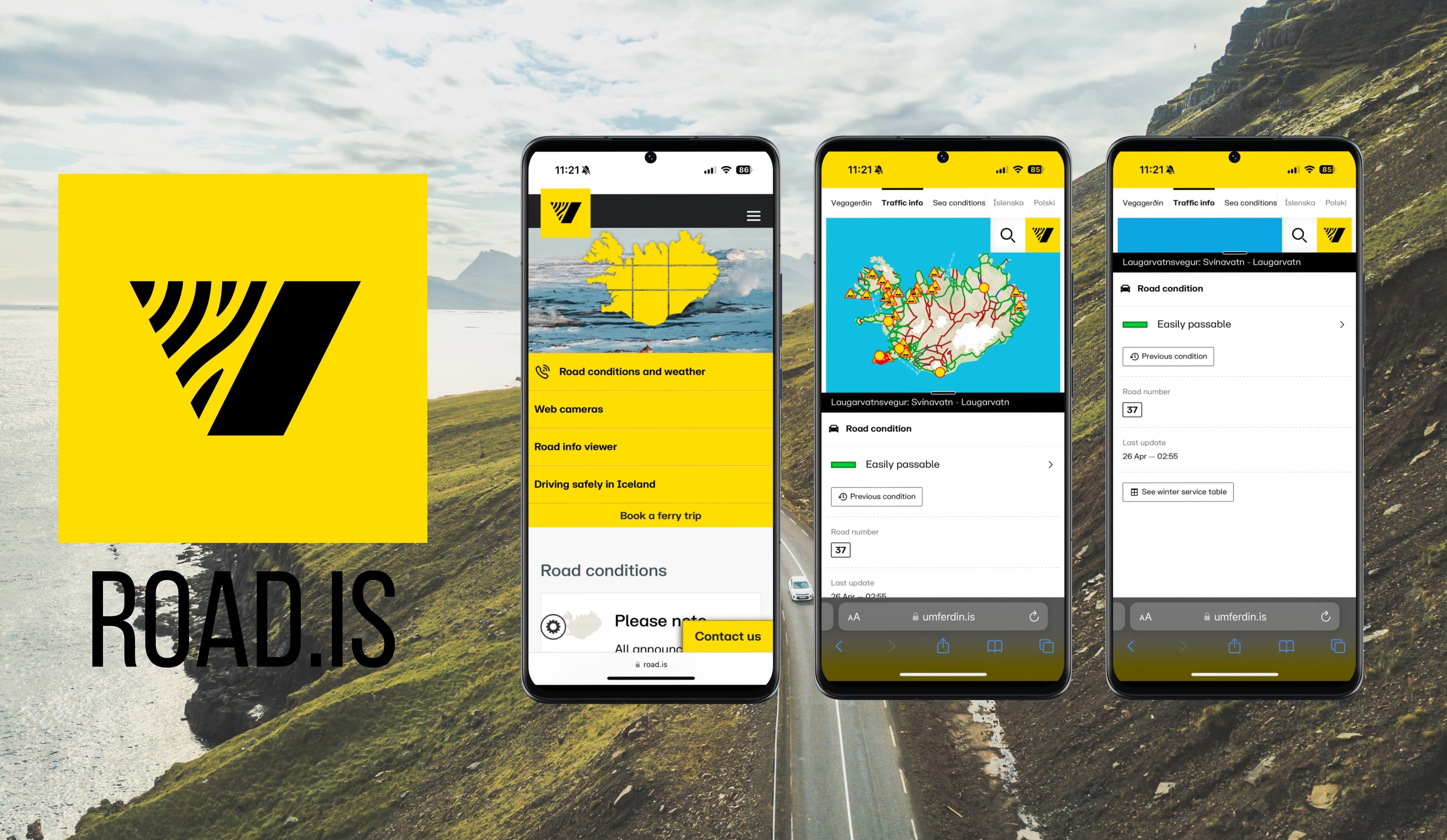
A Guide to Reading Road Conditions on Road.is

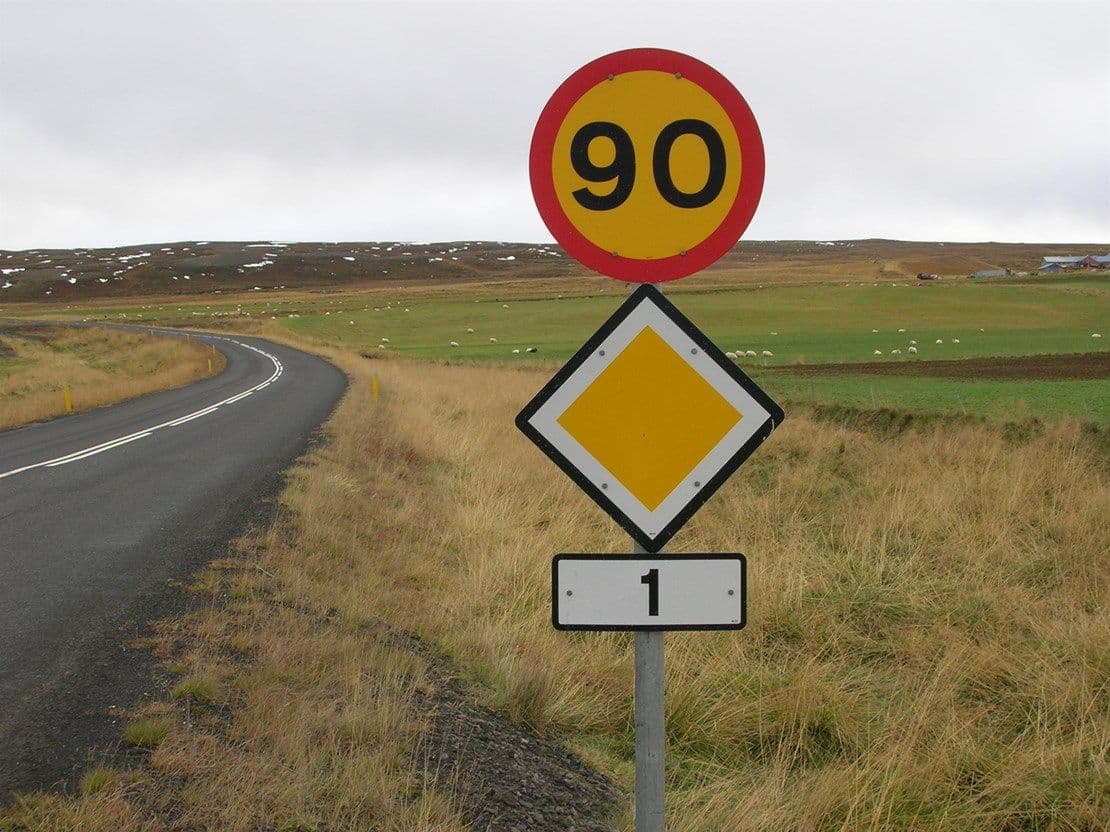
How to avoid speeding tickets in Iceland

Visiting Iceland During Easter: Unique Traditions, Food & How to Navigate the Holiday

Iceland: The Ultimate Family Adventure Destination
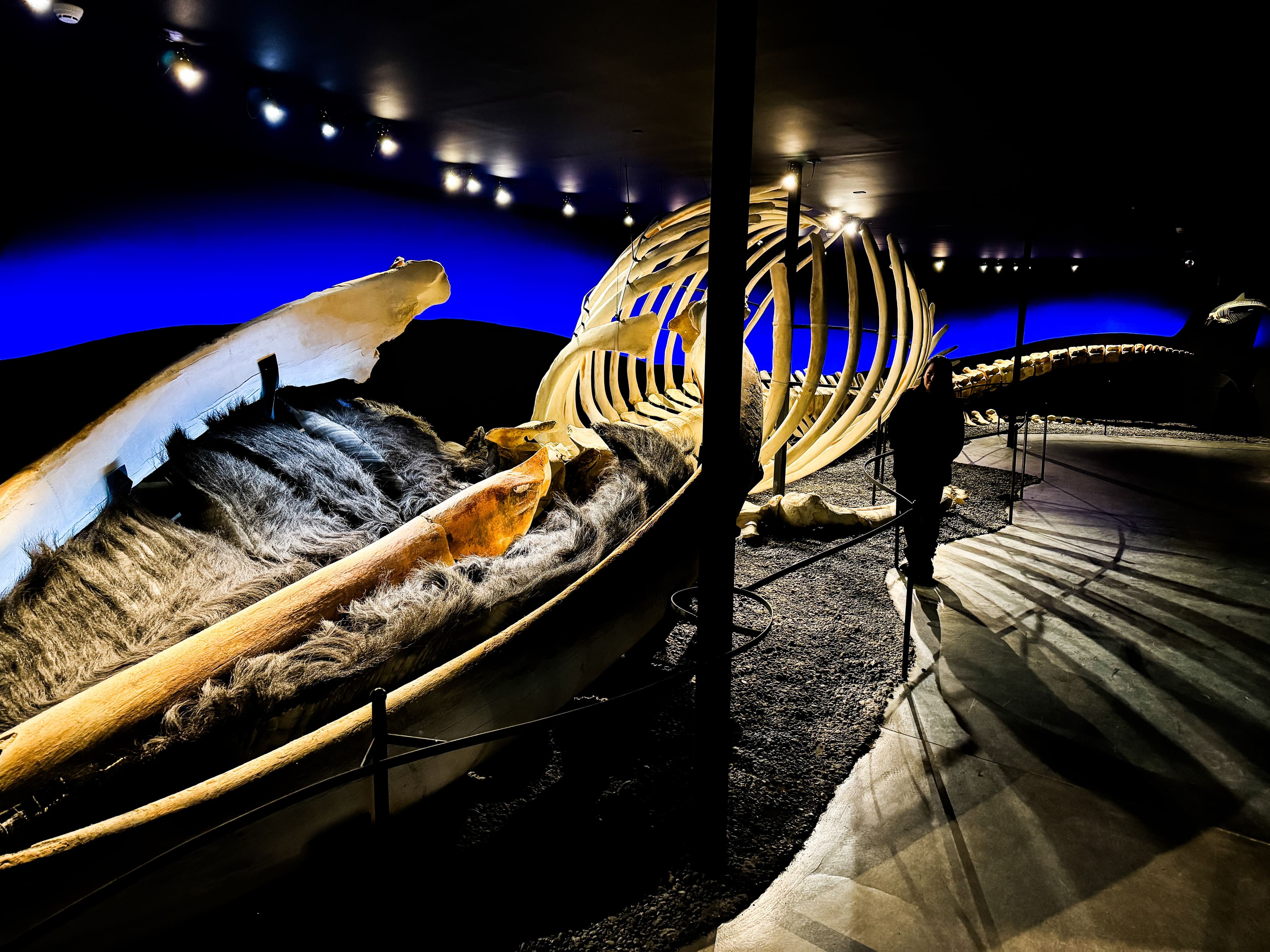
Exploring the Depths: A Journey Through the Whale Museum in Húsavík

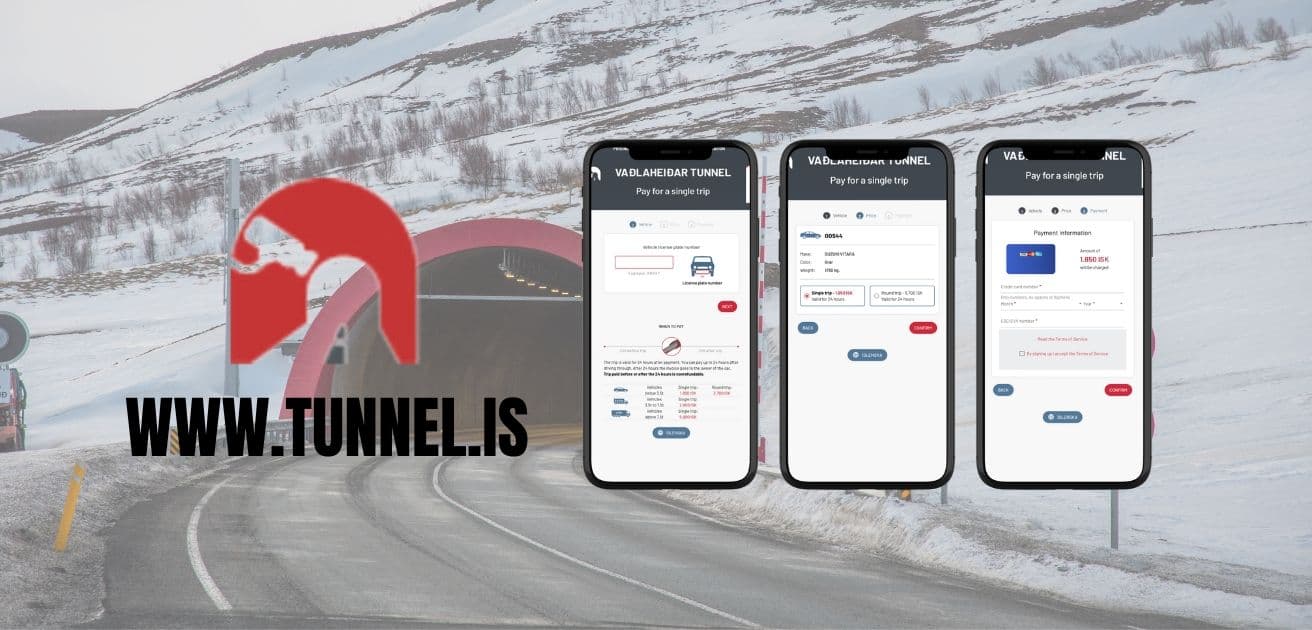
Vaðlaheiði Tunnel and how to pay
Hear from Our Customers
Welcome to Our Community - your hub for insightful reviews and authentic opinions. Join us in shaping the conversation where your voice matters!

